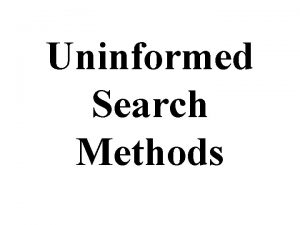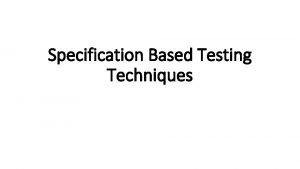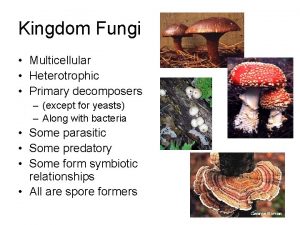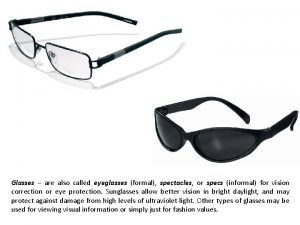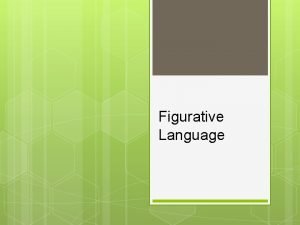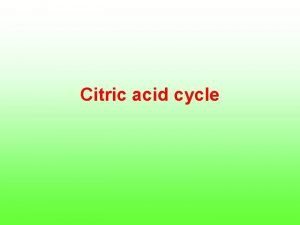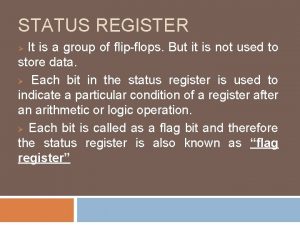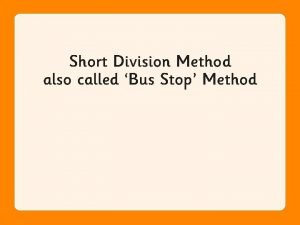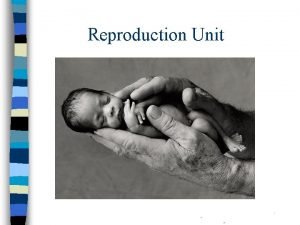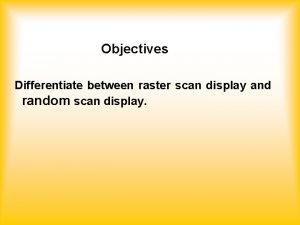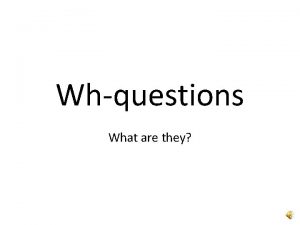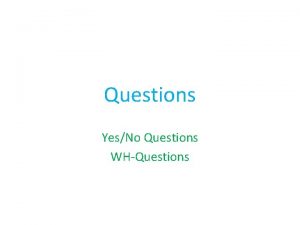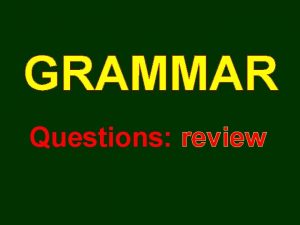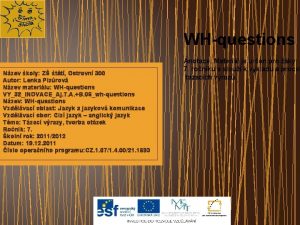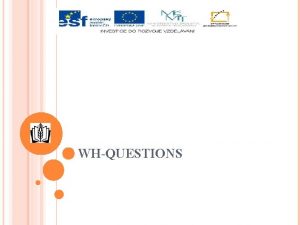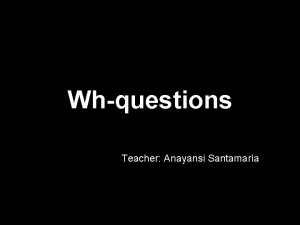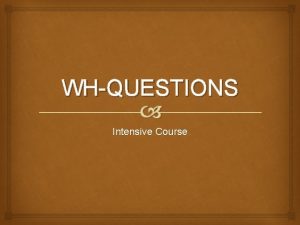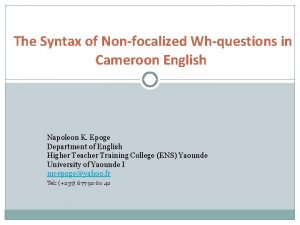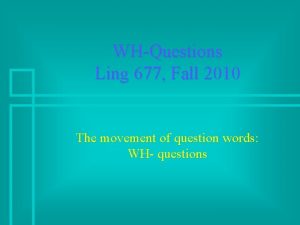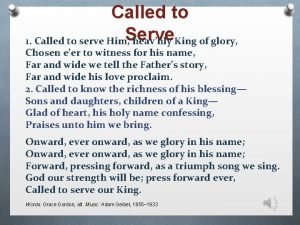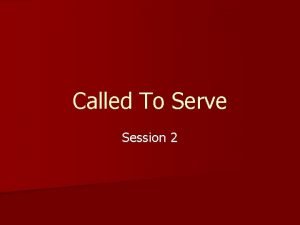WH Questions WH Questions WhQuestions are also called
















- Slides: 16

WH Questions


WH Questions Wh-Questions are also called Information Questions because we are trying to get some specific information from another person. �WHO- ask about a �WHAT- asking for something ◦ What is your name? person information about �WHERE- asking about place or position �WHEN- asking about time �WHY- explanation or reason �HOW- way, manner or condition

WH Questions �How is used in two ways: 1) To describe something’s condition or state. How is your health? (It’s good. ) 2) To describe a method. How did you make the cake? �Whose is used for possession. Whose website is this? (It’s mine. ) �What kind is used to identify a type of something. What kind of movies do you like? (I like action movies. )

WH Questions � How far is used to explain distance. How far is the station from here? (2 kilometres. ) � How long is used to explain length or the length of time. How long is the movie? (2 hours. ) � How much is used to identify the quantity of a non-countable noun. How much time do we have? (We have 10 minutes. ) � How many is used to identify the quantity of a countable noun. How many students are there? (There are 21 students. ) � How often is used to explain frequency. How often do you brush your teeth? (Twice a day. )

The question is: How do we make WH-questions?

WH Question To understand how to make a question, we need to know if we are making a question about the subject or object of a sentence. To explain, look at this sentence: �Mario likes Yaya (subj) + verb + (object)

WH Question �Now, imagine that some information is missing, so we need to ask a question. �___? __ likes Yaya �Who likes Yaya? �(Mario likes Yaya. )

WH Question �Now, let’s imagine that the object of the sentence is missing. Mario likes __? __. �We need to add a helping verb to help us make a question. The sentence “Mario likes Yaya” doesn’t have a helping verb (no modal or auxiliary verb like ‘will/can/have/is’), so we will add the helping verb ‘do‘ to make the question. �So the question becomes: �Who does Mario like? �*Common mistake: Who Mario like? �Who do Mario like? (Incorrect)

In Detail: Wh-Questions about Subjects �__? __ can cook well. (We are asking about a person, so we will add who). �Who can cook well? �Answer: I can cook well. �__? __ is expensive. (We are asking about a thing here, so we will add ‘what’). �What is expensive? �Answer: The hotel is expensive. �__? __ has been ordered. �What has been ordered? �Answer: The flowers have been ordered.

In Detail: Questions about Objects �Structure: QUASM �Wh-Question word+Auxillary Verb+Subject+Main Verb �What do you like? �Answer: I like basketball. *basketball is the object of the verb in the sentence; we are asking about the object. )

In Detail: Questions about Objects �If the sentence already has a helping verb, then you can use it to make the question. For example: �Peter is doing his homework. �The main verb here is ‘doing’, and ‘is’ is the helping verb. If we use the structure (QUASM), the question about the object becomes: �What is Peter doing?

�Exercises: �We can speak Italian. ◦ What can we speak? �She washing the dishes. ◦ What was she washing? �I live in Chonburi. ◦ Where do you live? �He lives in Spain. ◦ What does he live? �I like somtam. ◦ What food do you like? �I have 10 dogs. ◦ How many dogs do you have?

�I bought shoes. ◦ What did you buy? �I went to Pattaya. ◦ Where did you go? �I cried because I was sad. ◦ Why did you cry? �She did her homework. ◦ What did she do? �They went to Japan ◦ When did they go? �I last year. went to Japan with my family. ◦ Who did you go with?

�Do not add ‘do’ to questions about objects with the BE verb. Just use the order of Whquestion word + BE verb + Subject. �She is my mom. ◦ Who is she? �My birthday is on 9 th of April. ◦ When is your birthday? �My favorite food is padthai. ◦ What is your favorite food? �My height is 163 centimeters ◦ What is your height? �She is in the kitchen. ◦ Where is she? �The meeting is tomorrow. ◦ When is the meeting? tall.

end
 Insidan region jh
Insidan region jh Space complexity bfs
Space complexity bfs Citric acid cycle also called
Citric acid cycle also called Specification based testing techniques
Specification based testing techniques Trachea is also called
Trachea is also called A workbook is also called a
A workbook is also called a Primary decomposers are
Primary decomposers are Glasses also called eyeglasses (formal)
Glasses also called eyeglasses (formal) It is also called figurative language
It is also called figurative language Glide vowels
Glide vowels Citric acid cycle also called
Citric acid cycle also called What is
What is Alkanes are also called
Alkanes are also called Status register
Status register Bus stop method
Bus stop method Womb is also called
Womb is also called Raster scan display in computer graphics
Raster scan display in computer graphics

